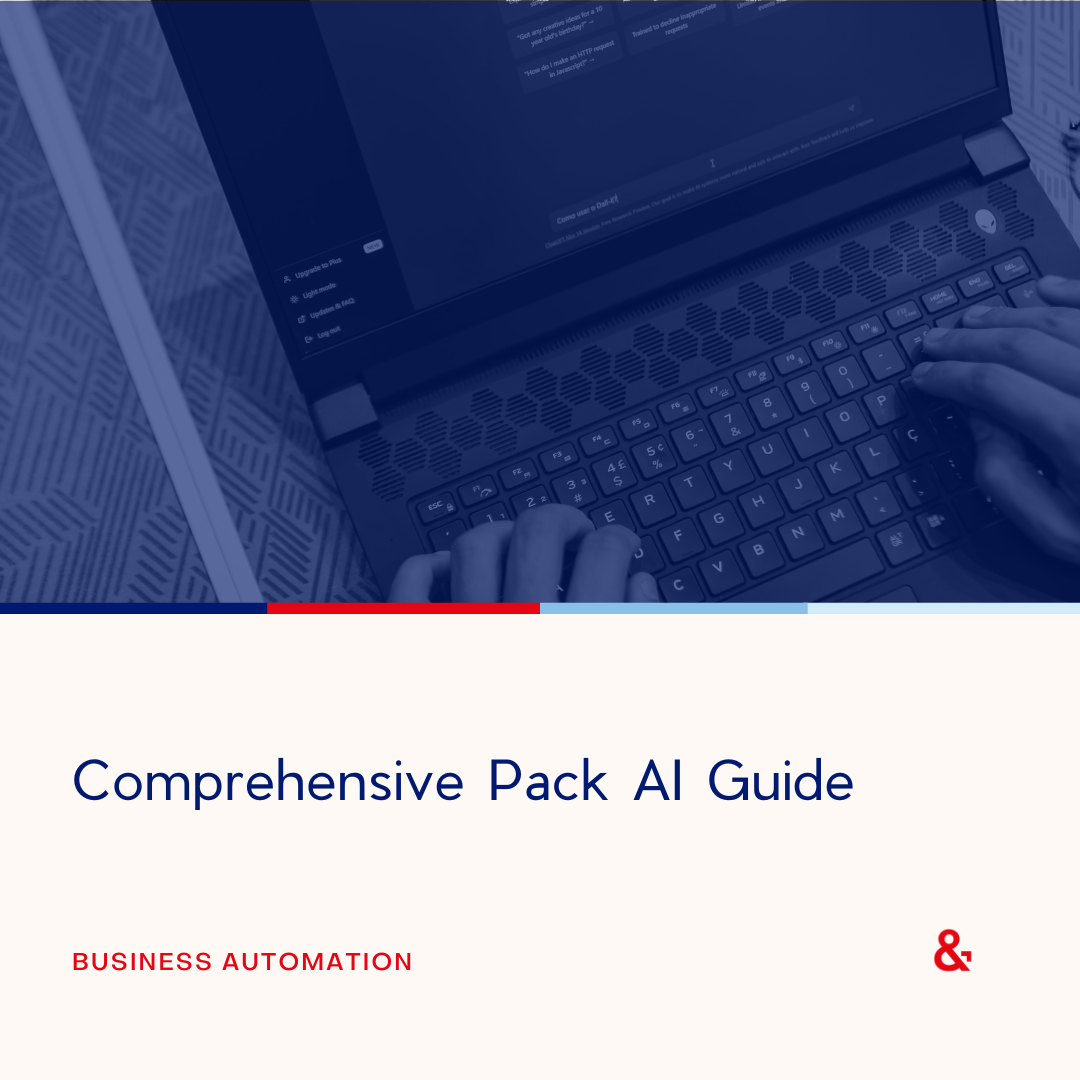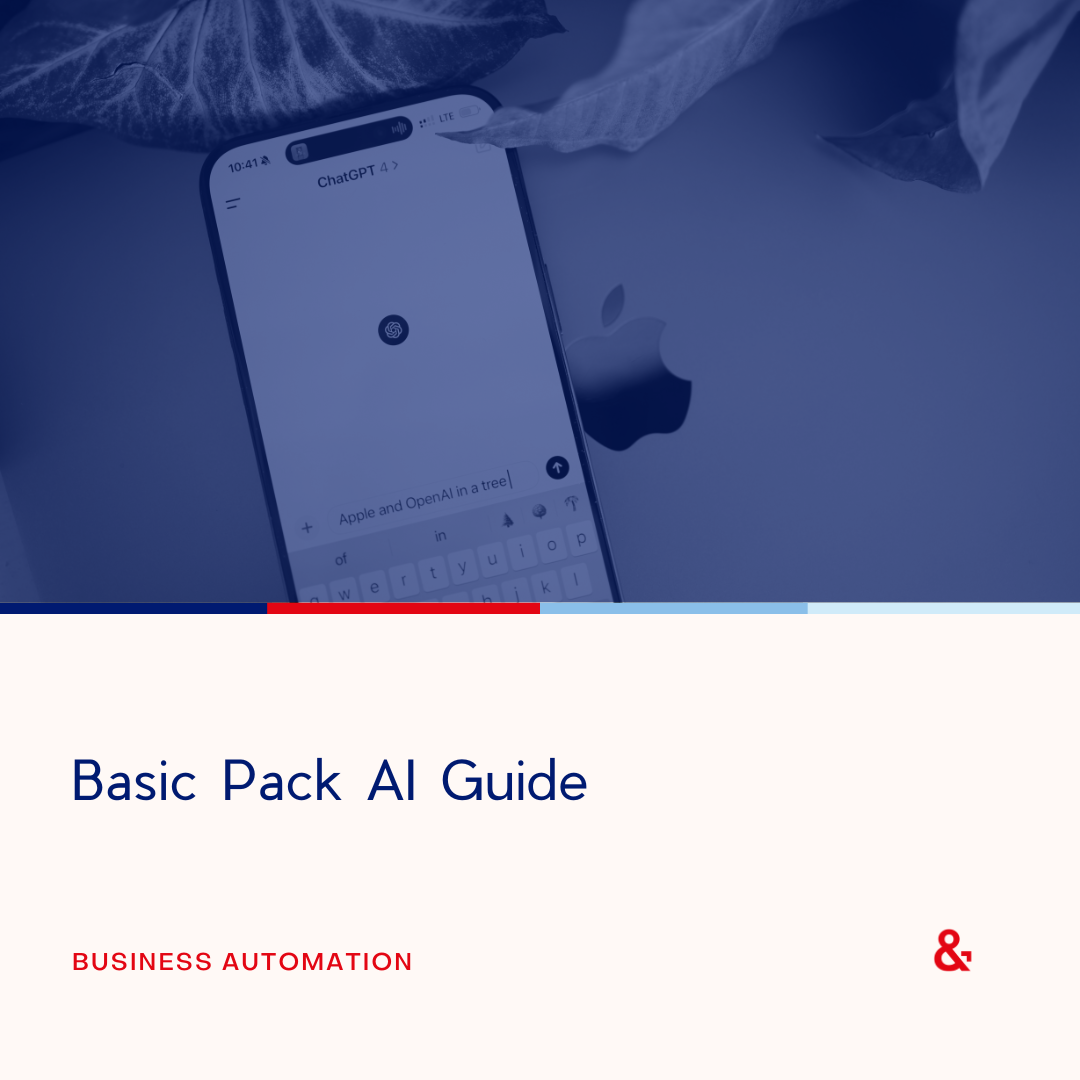Key Considerations During the Development Phase of a Business Plan
Creating a business plan is a vital step toward launching a successful venture. Here’s what you need to keep in mind during this phase:
1. Stay Flexible and Dynamic
Business plans are not set in stone. As you gather more information and insights, be prepared to update your assumptions and strategies. Flexibility allows you to adapt to market changes and new opportunities.
2. Conduct a Thorough SWOT Analysis
A detailed SWOT (Strengths, Weaknesses, Opportunities, Threats) analysis serves as the backbone of your strategy. This process helps you identify market gaps, leverage your strengths, and develop strategies to overcome weaknesses. Use this analysis to make informed decisions and strengthen your market position.
3. Craft an Engaging Executive Summary
Your executive summary is your first impression—it’s your elevator pitch to investors and stakeholders. Ensure it succinctly communicates your vision, goals, and the unique value proposition of your business. This section should persuade readers that your business is poised for success.
Steps to Consider:
Review and Adjust Assumptions: Regularly revisit and modify the assumptions in your business plan as new data becomes available.
Highlight Market Opportunities: Use your SWOT analysis to pinpoint and exploit opportunities in the market.
Communicate Clearly: Ensure every section of your plan, especially the executive summary, clearly articulates your business’s potential for success.
By following these guidelines, you’ll develop a robust and compelling business plan that can attract investors and set the stage for your venture’s growth.
Additional Resources Beyond Business Plan Templates
Exploring further, you'll find a wealth of resources designed to support your business journey. Here's a brief overview of what you can access:
Advanced Tools: Discover a range of software and applications developed to streamline your operations and enhance productivity. From project management platforms to financial tracking tools, there's something for every business need.
Training Courses: Expand your skillset with specialized courses tailored to various aspects of business management. Learn from industry experts about strategic planning, digital marketing, leadership, and more.
Downloadable Resources: Access a treasure trove of downloadable content including eBooks, whitepapers, and case studies. These materials draw from real-world experience and can offer valuable insights into best practices and innovative strategies.
By leveraging these resources, you can equip yourself and your team with the knowledge and tools necessary to drive success at an enterprise level.









